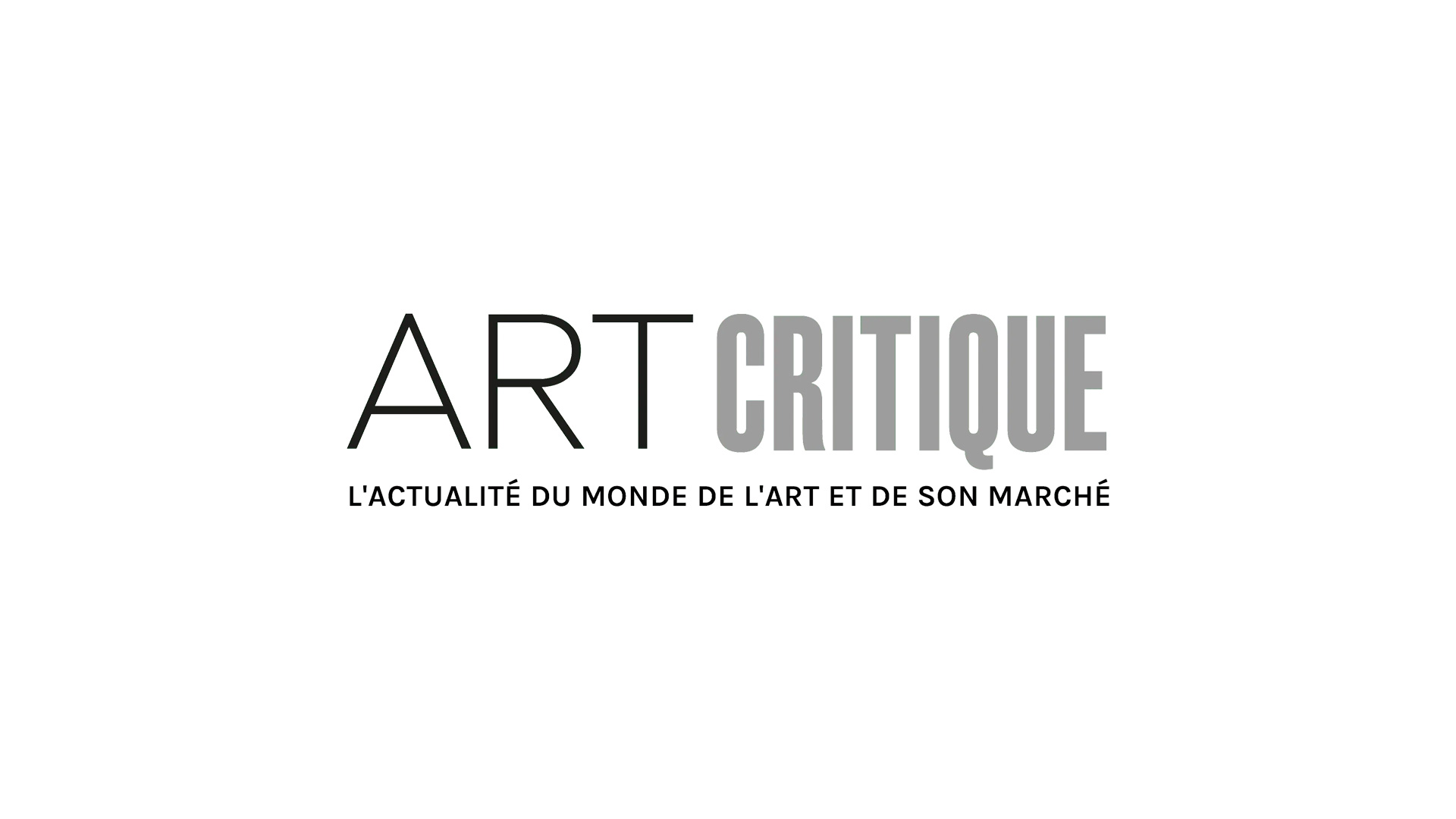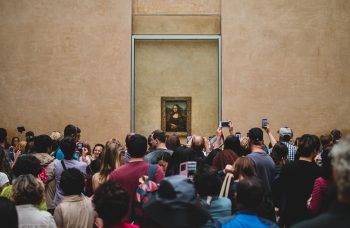The Centre Pompidou is quietly growing a network of outposts and pop-ups worldwide. The Parisian modern and contemporary art museum has rapidly extended its global influence and presence since the inception of its satellite museum in Malaga in 2015. The Malaga outpost that was originally conceived as a temporary pop-up site is now set to remain until 2025.
The museum now has concrete partnerships or plans in locations as far and wide as Metz, Brussels, Saudi Arabia, Shanghai, and even Bogota. Pompidou’s expansion has drawn inevitable comparisons to the Guggenheim’s global nexus of museums.
Serge Lasvignes, the centre’s president, pointed out the sheer sensibility of the French museum’s proliferating network to the Art Newspaper. “We hold 120,000 works, of which 93% are in storage,” he says, arguing that France is uniquely positioned to use the art to deliver a message “against the aggressiveness of today’s world, and open to exchange and universal values.”
Beyond Malaga, the Pompidou is setting up permanent shop in Brussels in the location of a former Citroen car factory. The Pompidou’s international team won out against 92 other competitors in a battle of proposals for the space’s overhaul. The effort, called ‘A Stage for Brussels’, has set in motion a 125-million-euro renovation project to be overseen by no Aarchitecten, EM2N, and Sergison Bates Architects.
The Brussels version will be called the Kanal-Centre Pompidou and it looks poised to become a staple of the Belgian art scene – set brilliantly in an art-deco style, former garage.
“Let us not mistake the nature of this project: We are not talking about a Museum for Brussels,” the project’s partners said in a statement about the Kanal-Centre, “Kanal is much more than that, we call it a Stage for Brussels, with a large art museum and an architecture centre at its heart.” Brussels’ curators and collectors have been vocally adamant about a contemporary art museum in the Belgian capital, and this project answers their request.
In 2017, the Pompidou announces the opening of its Shanghai outpost in the West Bund Art Museum in 2019. Shanghai’s Pompidou will be delivered as part of a French-Chinese cooperation project that will run at least until 2025. The project is shared between Pompidou and the West Bund Group, the latter of which is a state-owned entity responsible for the development of the 9.4 square kilometre Xuhui waterfront in Shanghai.
Bogota’s burgeoning art scene is also within the Pompidou’s global sights, reported El Pais in 2017. Lasvignes has spoken of his interest in Colombia as a growing art scene where artists contribute immensely to pacifying the country’s social life. Latin American expansion is still in the planning stages, but Colombia’s vibrant contemporary art scene is encouraging for anyone looking forward to someday seeing a Pompidou Bogota.
This month, the Pompidou announced a major exhibition in Chengdu, in anticipation of the 2019 opening of the Shanghai outpost. The pop-up in Chengdu is concentrated on the impact of digital technology on the relationship between rural and urban areas. It will feature works by almost 60 Chinese and international artists.
Lasvignes is right. The French institution has far too much to offer to just keep to itself in Paris.





